It has been seven months since Hamas stormed into Israel, killing about 1200 people and taking 250 hostage.
It was the deadliest attack in Israel’s history, and retaliation was swift: from October 27, Israel launched air strikes on Gaza, followed by a ground invasion. Exact numbers are contested, but it’s understood that more than 30,000 Gazans have been killed, including 13,000 children.
PRIMER spoke to three Palestinian-Australians about living with the knowledge that friends and relatives are under bombardment.
“I didn’t hear from my sister for two months”
Dana Albattrawi is a Palestinian graphic designer and artist who lives in Sydney. She was born in Saudi Arabia and has family in Gaza.
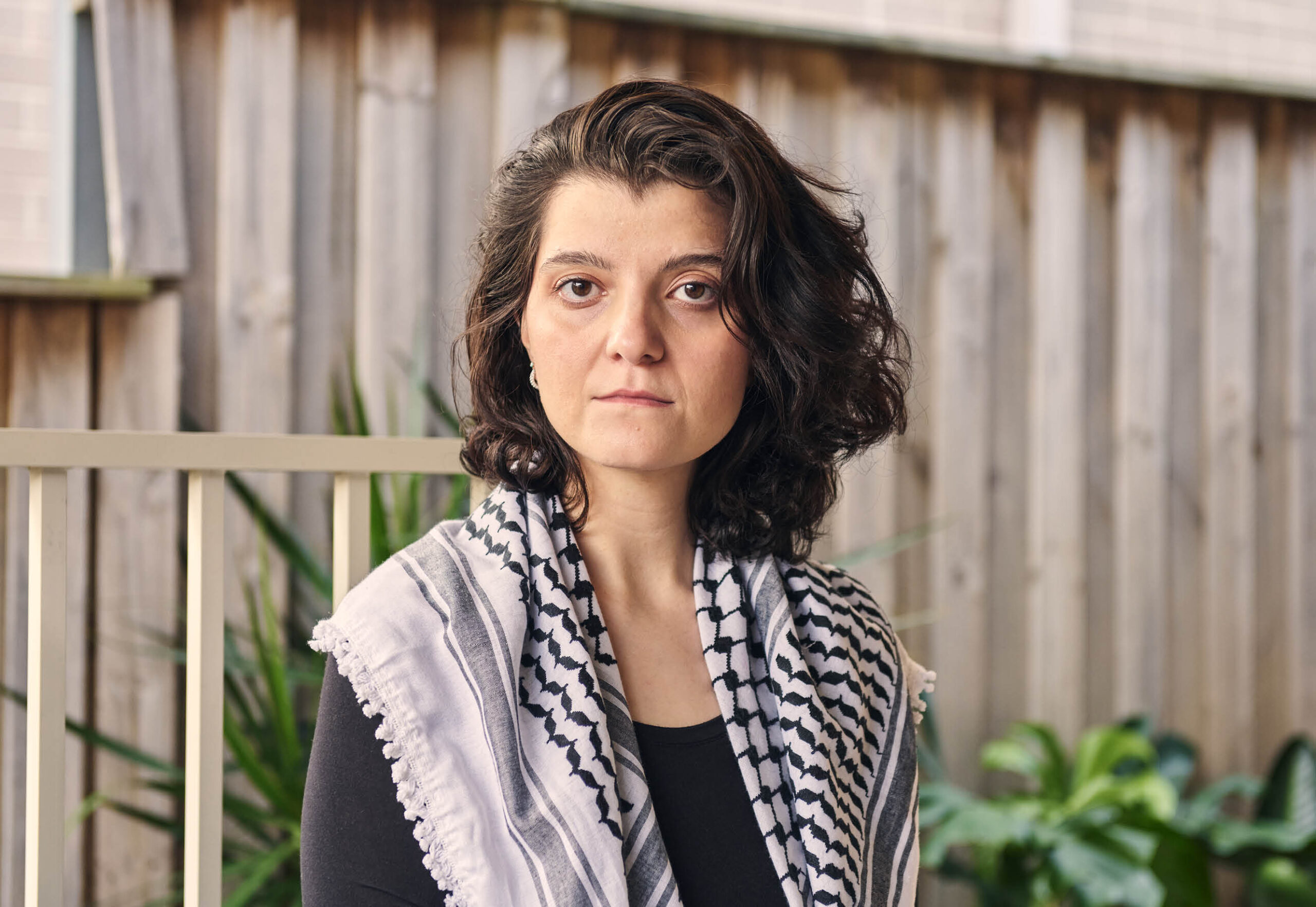
My family is in Gaza, including my uncles, my aunts. All my childhood memories are there.
At one point, I didn’t hear from my sister and my niece and nephew for two months. We didn’t know where they were because whenever there was an attack, they moved. We lost contact a lot because there’s no electricity to charge her phone.
I have a newborn baby and the final four months of my pregnancy were the hardest four months of my life because I felt guilty for everything. Guilty taking a shower, for drinking water, for having food. I heard that some people in Gaza were eating leaves from trees because there is no food.
I started waking in the middle of the night to check the lists posted online for names of people who have died. I would look for my sister’s name.
A few weeks ago, we managed to get my sister and her kids to Egypt.
But every time I check my phone there is something new. Recently, I saw a video on Instagram and I saw a man crying for his son, who had been killed. I felt very sad, but then I felt like I knew this person – and I realised it was my cousin’s husband, and this was her son.
I cannot do anything. There are some days I can’t get up or answer my phone. I don’t have the energy to be active every morning. I am a freelancer and during my pregnancy I couldn’t work. I lost [work opportunities].
My parents always said to us, ‘It’s our homeland. [One day] we’re going back to Gaza.’ But now, my home is gone.”
“I’m trying to reconnect with my Palestinian heritage”
Mayy Abuljebain is a digital marketer and artist who lives in Melbourne.
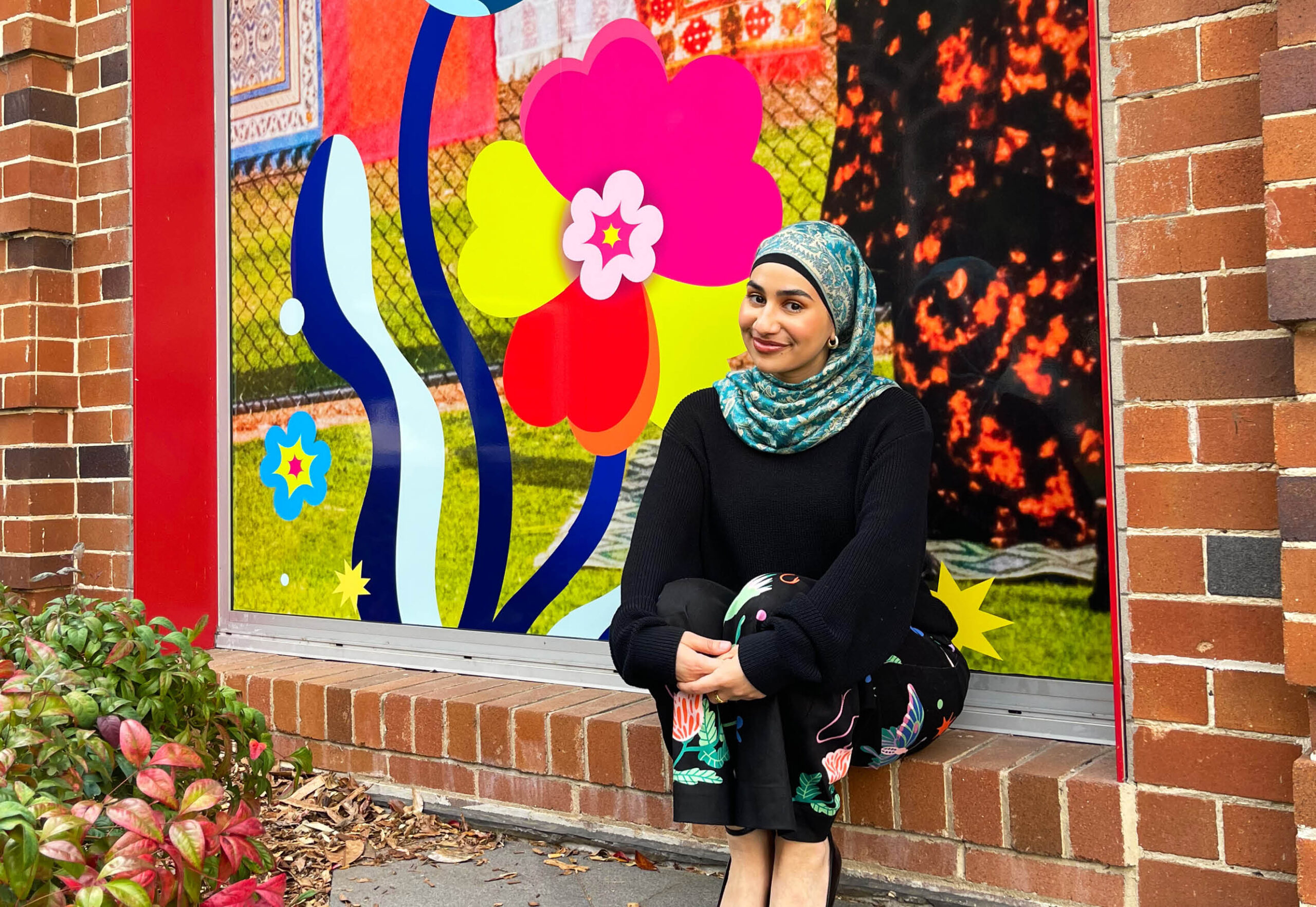
“My family has a Whatsapp group with all our cousins in it and we’re constantly messaging and checking in [with family in Gaza]. We have connections who call us and tell us, ‘This could be the end. We’re going to say goodbye. They’re going to bomb our building.’
You can imagine the state we’re left in every night. It’s like we’re always waiting on the edge of our seat for something to go horribly wrong.
But it’s not just about our family. It’s the concept that our people are going to be completely wiped out that terrifies me.
Over the past few months, there has definitely been a huge sense of community coming together. My mother’s side of the family is Egyptian and my dad’s side is Palestinian, and are very connected to the Muslim community here. I work for [Muslim community organisation] Benevolence Australia.
With everything that’s happening, I’ve been trying to connect with my Palestinian heritage. I’ve been going to marches, attending art workshops, and learning about the art of Tatreez [Palestinian embroidery]. I’ve found myself seeking out Palestinian artists and diving deep into the culture.
I feel like the [situation in Gaza] is so glossed over in the media here. If they do cover it, they focus on the one Australian who has been killed. What about the thousands of other human beings? I can’t watch the news without feeling angry and helpless.
I wish people understood that this did not start on October 7. It’s been going on for over 70 years. It’s important that people understand the history before they make up their mind.”
“Palestinian Australians feel forsaken”
Ramia Abdo Sultan is a lawyer. She is a board member of the Australian Palestinian Advocacy Network.
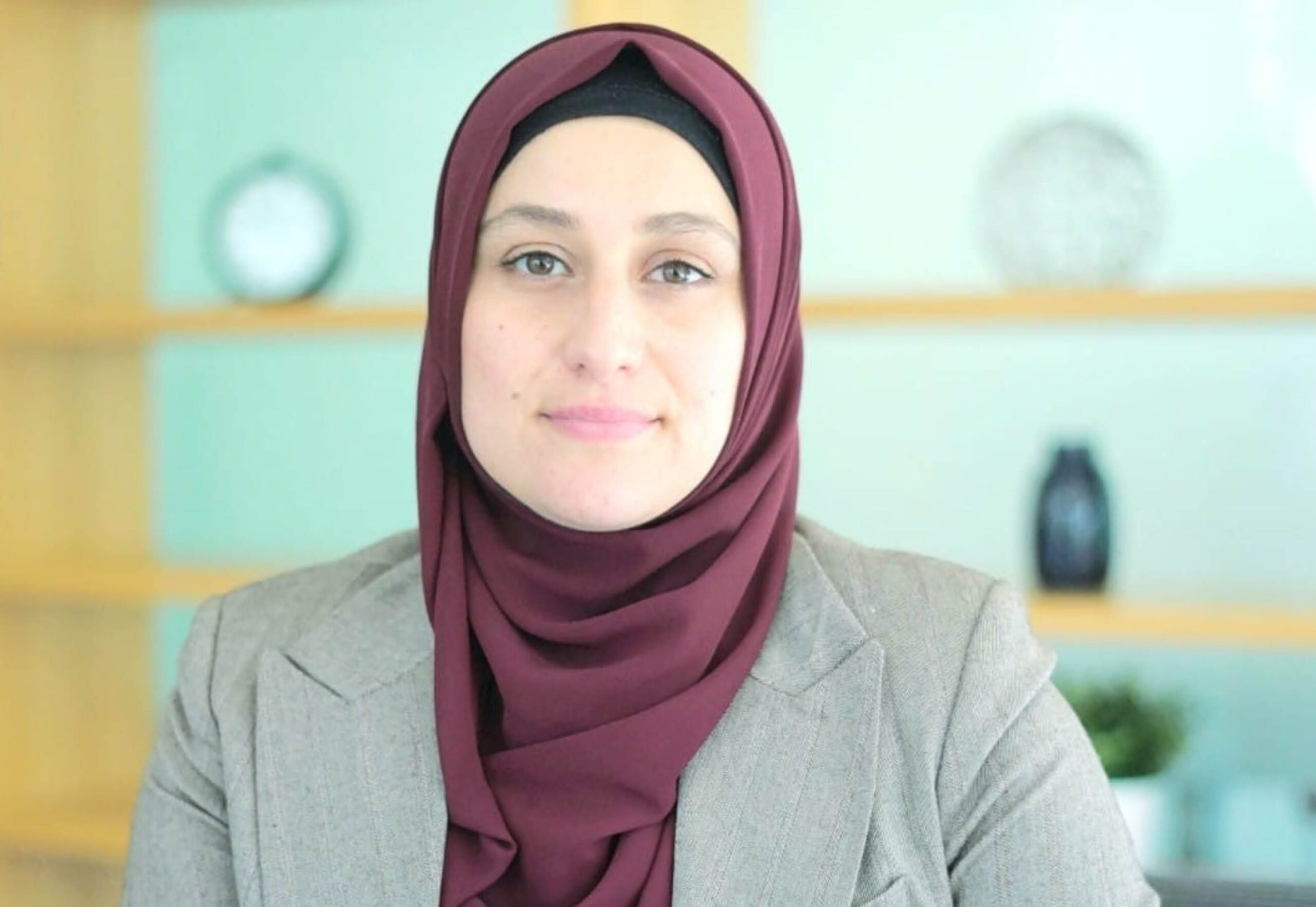
There is not a moment of my day when I’m not thinking about Gaza.
As I make breakfast for my family, I ask myself if my relatives have had any meal at all?
My relatives have lost everything. They are now all living between schools and the tents in Rafah. Some of my relatives need urgent medical attention, a near impossibility in a territory whose hospitals have now been levelled by the Israeli forces.
The Rafah crossing is the only way out of Gaza, but bribes start from $6000US per person to enable passage across this border, and with most Palestinian families consisting of at least five people, the cost is well out of the reach of most.
That’s not to say that we’re not trying. My family, and so many other Palestinian Australian families, have spent months trying to raise money to help our loved ones escape this hell.
We’re buckling under the pressure of fundraising, as well as trying to advocate for equitable and compassionate treatment of our families to the Australian Government.
And this is in addition to having to bear the emotional burden – the feelings of grief, guilt and trauma that we feel as a result of seeing our people quite literally torn apart while we continue with our lives of relative safety here in Australia.
The load Palestinians are bearing on this continent is overwhelming, and it feels as though we carry it alone.
It’s clear that Palestinians have not received the same levels of support, acknowledgement and compassion that other communities have experienced during their times of crisis. The experience of Ukrainians during the Russian invasion of their country is the most recent experience we can point to, to highlight the lack of consistency.
How will we ever feel as though we can trust our government and gain a sense of belonging in this community that has, to an overwhelming degree, forsaken us in these long months of sorrow and desperation?
Want more stories like this? Sign up for PRIMER’s free weekly newsletter here.




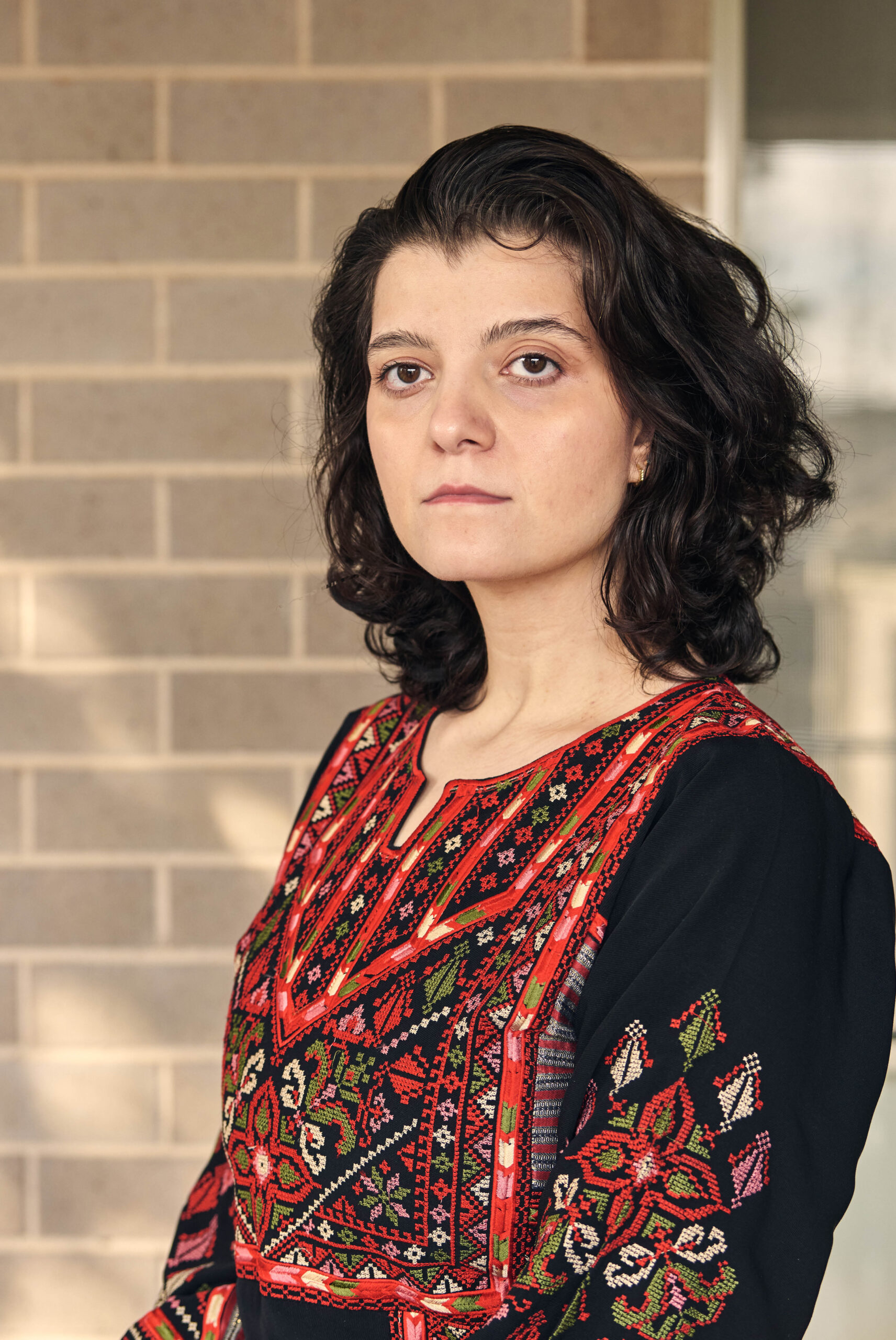
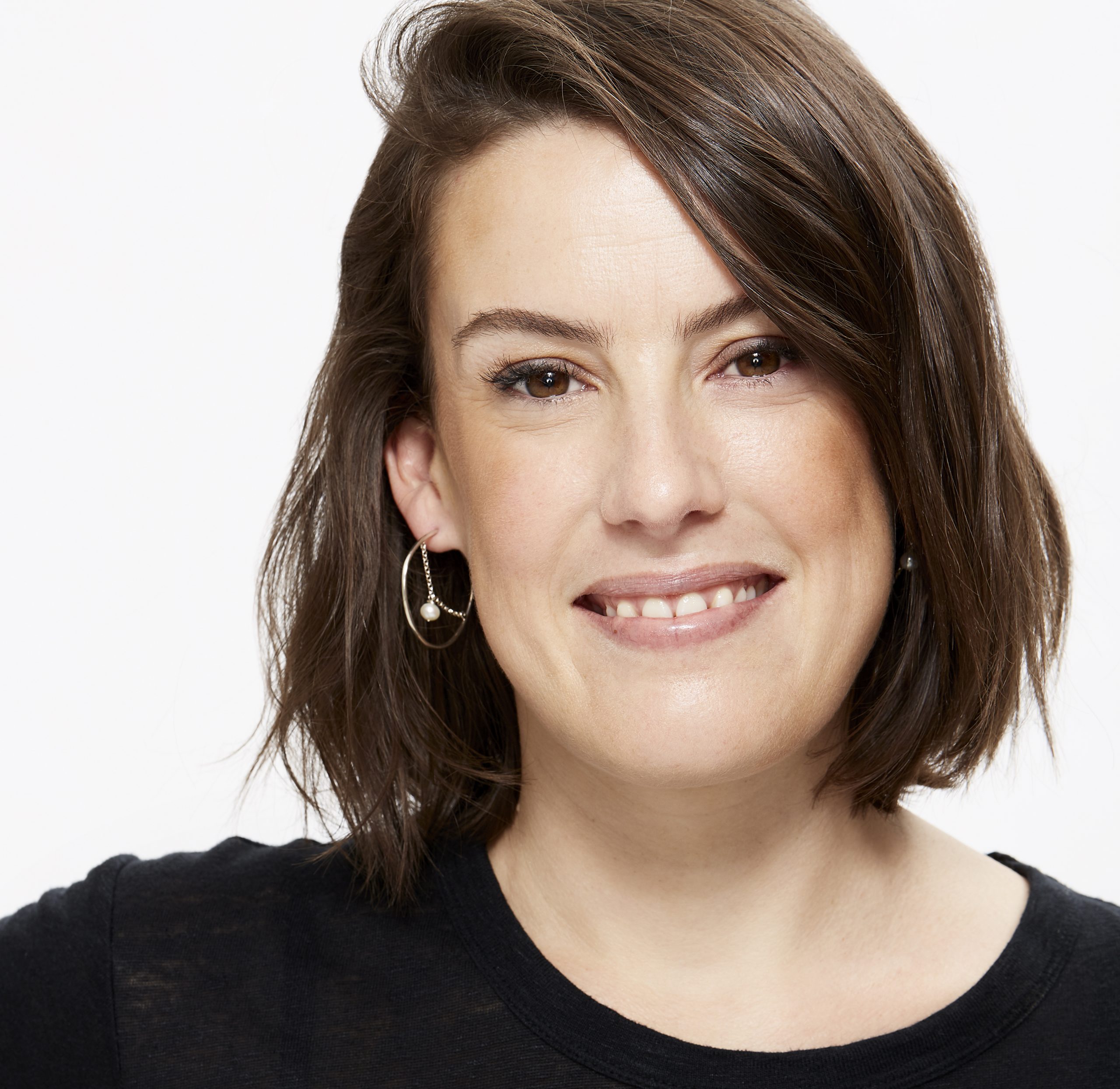

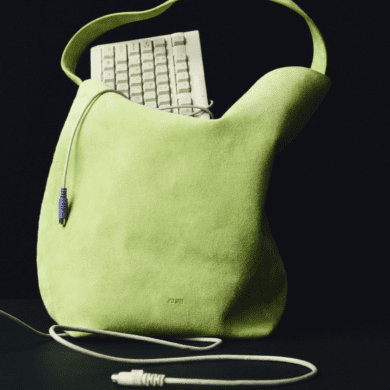
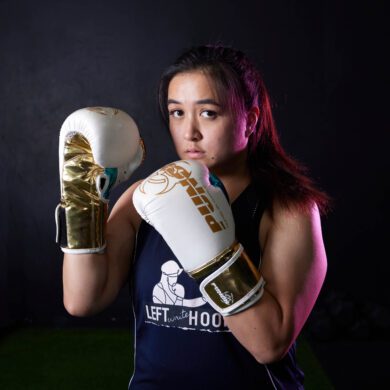

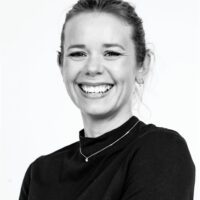
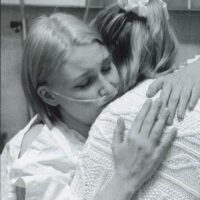
No Comments